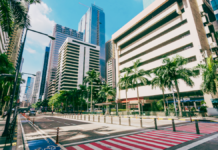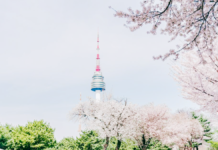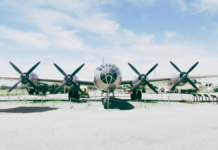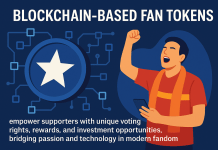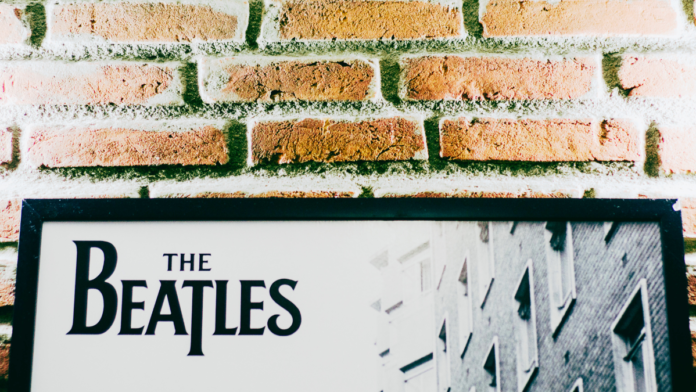In 1966, The Beatles were global music icons, revered by millions and seemingly capable of doing no wrong. Their fame brought them to the Philippines for a series of performances. Still, a severe misstep during their visit nearly led to their banishment from the country. This incident, involving a snub of the First Lady and subsequent hostile reactions, became a notable chapter in their storied career. Today, HTC News will take you on a musical ride on how the Beatles nearly got banned from the Philippines.

(more HTC News General Topics)
The Invitation and Initial Reception
When the Fab Four were invited to Manila to perform two shows, they received a warm and royal-like welcome. The anticipation and excitement surrounding their visit were palpable, and they were treated like dignitaries. However, the initial goodwill was short-lived because an incident happened in an unexpected way.
Incident with the First Lady
Trouble began when a front-page story in The Manila Times accused The Beatles of snubbing the First Lady, Imelda Marcos, and her three children. The First Lady had organized a grand reception to honor the band, but The Beatles did not attend. Unbeknownst to them, this was a grave insult in the local context.
The Beatles’ decision not to attend was not meant to be disrespectful; they simply were not interested in participating in such ceremonies and were focused on their performances. Their oversight, however, had significant repercussions.
Media and Public Backlash
Local media quickly turned against The Beatles. Headlines in significant newspapers expressed outrage, with titles such as “BEATLES TOLD: PAY NOW, LEAVE LATER,” “FURORE OVER BEATLES SNUB DAMPENS SHOW,” and “IMELDA STOOD UP: FIRST FAMILY WAITS IN VAIN FOR MOPHEADS.” The Beatles were accused of spitting in the eye of the First Family, further inflaming public sentiment.
Attempts to Leave and Hostility
The Beatles faced an angry mob when they attempted to leave the country. Their former press officer, Tony Barrow, recounted the violence they encountered. Brian Epstein, their manager, was punched and kicked, and roadies suffered even worse assaults. Despite efforts to shield John, Paul, George, and Ringo, they experienced significant hostility.
Intervention and Apology
Paul McCartney played a crucial role in diffusing the situation. Before their departure, he apologized on local radio, which helped to calm the angry populace. This act of contrition, coupled with a press statement from President Marcos clarifying there was no intentional slight, allowed The Beatles to leave the country safely.
Key Takeaways
The 1966 incident in the Philippines was a tumultuous experience for The Beatles, highlighting the intense pressures and cultural misunderstandings that could arise during their global tours. Despite the eventual resolution and apology, The Beatles never returned to the Philippines. This event contributed to their growing disenchantment with touring, leading to their decision to stop live performances altogether. The episode remains a significant reminder of the complexities faced by international celebrities.
read more: NBA Playoffs: Jaylen Brown’s Clutch 3 Snatched the First ECF Win Against the Indiana Pacers in OT















